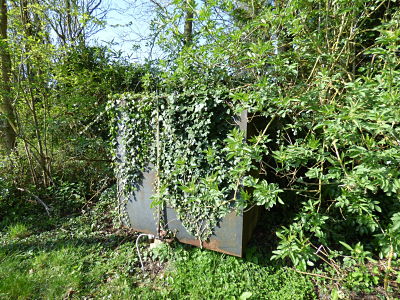
Around 1.6 million households are thought to use oil for heating. Whilst oil tends to be more expensive than mains gas, there is the opportunity to shop around with a number of comparison sites also now available. Fluctuations in the price of heating oil are mostly down to changes in the price of crude oil, which in turn depend on the weather, political unrest and global production. When crude oil prices rise, domestic oil prices follow, albeit with a delay. Often purchasing your oil in the summer is the best option when demand is lower.
Oil boilers tend to be noisy and can smell, because of this, external boilers are often a good option. However, careful siting of both the boiler and the storage tank is needed.
Modern oil boilers are relatively efficient, but it is essential that they are serviced annually by a member of the 'competent person scheme', usually an OFTEC registered engineer. This is essential for safe and efficient operation. Domestic systems generally use 28sec oil, usually called Kerosene. The sec refers to seconds and describes the viscosity of the oil (this was the time it takes for a ball bearing of a set size and diameter to pass through a set distance of the oil). The CO2 emissions for modern condensing oil fired heating systems are no greater than normal gas.
OFTEC has published several useful guides (PDF Files):